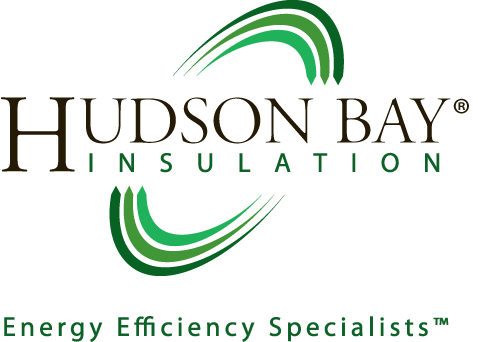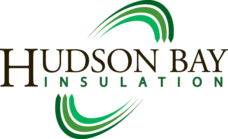
02-04-25 Heart Health
February is Heart Health Awareness Month – Let’s Take It to Heart!
Yes, we talk about this every year, and for good reason—heart disease remains the number one killer of both men and women. In the construction industry, where physical labor, high stress, and certain lifestyle risks are common, we must be extra mindful of our heart health.
Heart disease is responsible for 1 in every 5 deaths in the U.S., and construction workers may face even higher risks due to factors like:
- High stress levels.
- Lack of sleep.
- Smoking and alcohol consumption.
- Irregular medical check-ups.
The Danger of Sudden Cardiac Arrest on the Job
Cardiac emergencies can strike without warning, making awareness and preparedness critical. If you're working alone, always let someone know where you are, keep a reliable way to call for help, and seek medical attention immediately if you notice any signs of a heart attack.
Know the Warning Signs
A heart attack doesn’t always look like a dramatic scene from a movie. Symptoms can include:
- Chest discomfort (pressure, squeezing, or pain).
- Shortness of breath.
- Cold sweats.
- Nausea or lightheadedness.
- Pain in the jaw, neck, or back.
If you or a coworker experience these symptoms, call 911 immediately. Time is critical.
Reducing Your Risk – What We Can Do
Protecting our hearts starts with daily choices. Here’s how we can take action:
- Stay active – Even small amounts of exercise can make a big difference. Get moving with a friend, coworker, or family member!
- Eat heart-healthy foods – Choose lean proteins, fruits, veggies, and whole grains over fast food whenever possible.
- Manage stress & mental health – Practice deep breathing, take regular breaks, and prioritize self-care. If stress feels overwhelming, don’t hesitate to talk to a healthcare provider.
- Quit smoking – Smokers are twice as likely to suffer a heart attack. If you need help quitting, seek support.
- Know your numbers – Schedule an annual check-up and keep track of your blood pressure and cholesterol levels.
Emergency Response on the Job Site
Being prepared can save lives. Make sure you:
- Know where the AEDs (Automated External Defibrillators) are located.
- Identify who is CPR-certified on your job site. Immediate response can save lives.
- Always report symptoms, no matter how minor they seem.
Remember This!
Let’s watch out for ourselves and our crew. Your heart health matters—not just for you, but for your family, coworkers, and future. Stay safe and take care of your heart!
